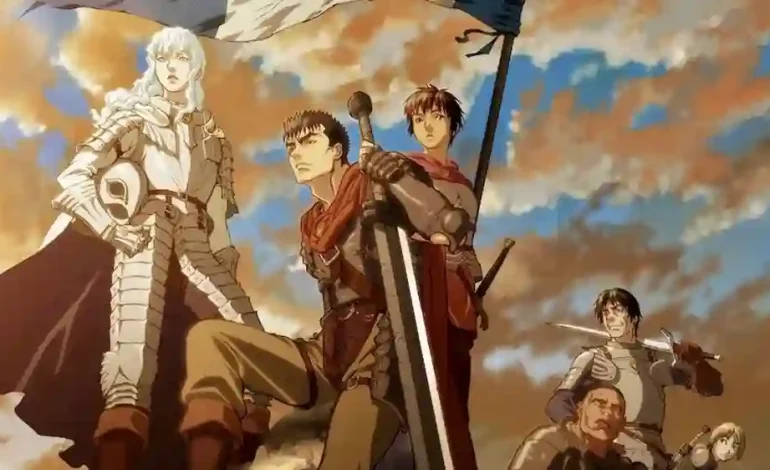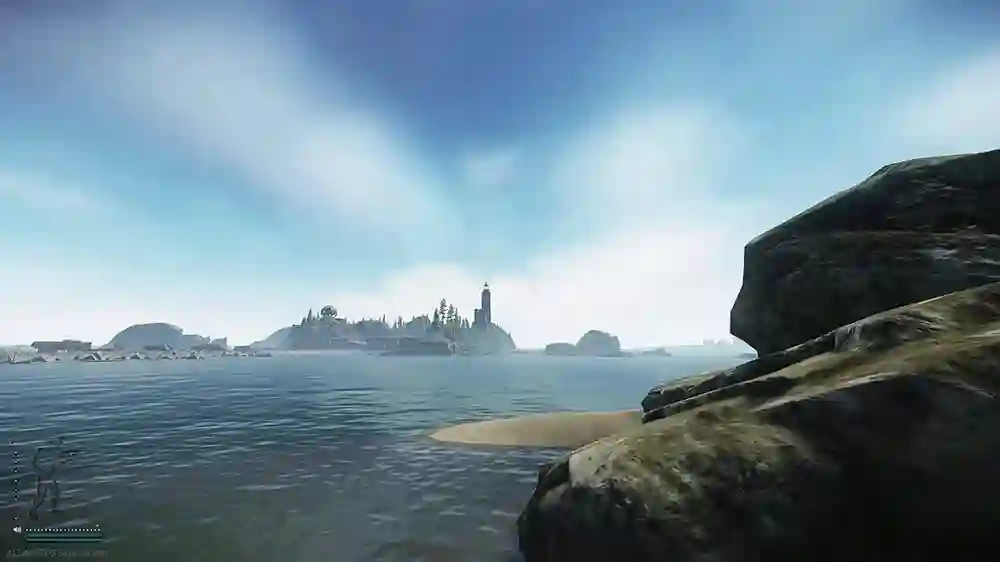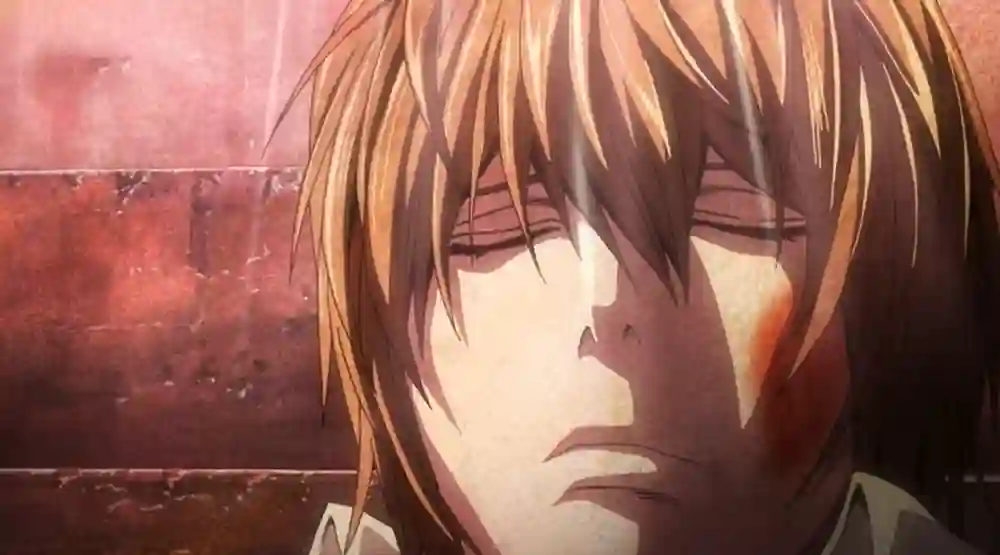Berserk and the Exploration of Existential Themes: Navigating the Abyss of the Human Condition

In the dark and haunting tapestry of Kentaro Miura’s Berserk, the exploration of existential themes serves as a thematic anchor that elevates the series beyond the conventions of traditional fantasy. From the relentless pursuit of personal identity to the consequences of unchecked ambition, Berserk delves deep into the abyss of the human condition. In this article, we navigate the intricate web of existential themes that defines Berserk and contributes to its enduring impact on readers.
The Struggle for Identity:
At the core of Berserk lies a relentless exploration of the struggle for identity, encapsulated in the journey of the series’ protagonist, Guts. From the traumatic events of his childhood to the brutal battles against demonic forces, Guts grapples with the question of who he is amidst the chaos that engulfs his world.
The narrative arc of Guts is a testament to the fragility of identity in the face of adversity. The physical and emotional scars he carries become symbolic markers of the existential battle for self-discovery. The theme of identity in Berserk goes beyond the individual; it extends to the broader exploration of what it means to be human in a world teetering on the brink of supernatural horrors.
The Abyss of Isolation:
Existential isolation is a pervasive theme that reverberates throughout Berserk. Characters, particularly Guts, find themselves isolated not only physically but also emotionally and spiritually. The abyss of isolation becomes a harrowing exploration of the human psyche, where the boundaries between self and other, ally and adversary, blur in the relentless struggle for survival.
Guts’ journey is marked by the ebb and flow of companionship, from the camaraderie of the Band of the Hawk to the solitude he embraces as the Black Swordsman. The series underscores the inherent loneliness of the human experience, even in the midst of chaotic and interconnected destinies. The abyss of isolation becomes a crucible that forges the characters’ resilience and shapes their responses to the existential challenges they face.
Ambition and the Consequences of Choice:
Berserk navigates the treacherous terrain of ambition and the profound consequences that arise from the choices characters make in their pursuit of power. The narrative arc of Griffith, once a charismatic leader of the Band of the Hawk, transforms into a cautionary tale about the dangers of unchecked ambition.
Griffith’s choice to sacrifice his comrades for the attainment of his dream leads to catastrophic consequences, setting in motion a series of events that reshape the fate of the world. The exploration of ambition in Berserk invites readers to reflect on the moral complexities inherent in the pursuit of personal aspirations and the far-reaching impact of individual choices on the broader tapestry of existence.
The God Hand and the Cosmic Abyss:
At the heart of Berserk’s existential exploration is the enigmatic and malevolent presence of the God Hand—a group of demonic entities that manipulate the fabric of reality. The God Hand represents a cosmic abyss, an existential void that challenges the very foundations of human agency and free will.
The members of the God Hand embody existential themes such as causality, fate, and the inevitability of human suffering. Their manipulative influence becomes a metaphor for the cosmic forces that shape the destinies of characters within the Berserk universe. The series prompts readers to confront the existential dilemma of whether individuals have the power to shape their own destinies or are mere pawns in a larger cosmic game.
The Eclipse and the Abyss of Despair:
The Eclipse, a pivotal event in Berserk, becomes the apex of existential despair—a cataclysmic convergence of fate that leaves an indelible mark on the series’ characters. The narrative trajectory reaches its nadir as characters confront the brutal realities of the abyss, both within themselves and in the world around them.
The Eclipse serves as a crucible of existential anguish, challenging characters to confront their deepest fears, traumas, and the inherent darkness within humanity. The aftermath of the Eclipse becomes a canvas on which the characters’ responses to despair are painted, further emphasizing the series’ exploration of the human condition in the face of overwhelming adversity.
Nihilism and the Search for Meaning:
Existential themes in Berserk delve into nihilistic undertones, questioning the meaning and purpose of existence in a world saturated with suffering and chaos. Characters grapple with the nihilistic void that threatens to engulf their actions, choices, and aspirations. Guts, in particular, becomes a poignant embodiment of the struggle against nihilism as he confronts the seemingly insurmountable odds stacked against him.
Despite the nihilistic currents, Berserk doesn’t succumb to absolute despair. The series, through its exploration of existential themes, invites readers to consider whether meaning and purpose can be forged in the crucible of adversity. The search for meaning becomes a resilient undercurrent that propels characters forward, even in the face of overwhelming nihilism.
Conclusion:
Berserk’s exploration of existential themes is a journey into the abyss of the human condition—a narrative odyssey that confronts the complexities of identity, isolation, ambition, and the search for meaning. Kentaro Miura’s magnum opus transcends the boundaries of traditional fantasy, inviting readers to navigate the depths of existential inquiry within the haunting and visceral world of Berserk.
As characters grapple with their individual struggles and confront the cosmic forces that shape their destinies, Berserk becomes a mirror reflecting the profound questions that resonate within the human soul. The series, with its unflinching exploration of the abyss, stands as a testament to the enduring power of storytelling to provoke contemplation and spark dialogue about the fundamental aspects of the human experience. In Berserk’s exploration of existential themes, readers find not only a dark fantasy epic but a philosophical journey that challenges them to confront the abyss within and emerge with a deeper understanding of the enigmatic tapestry of existence.







